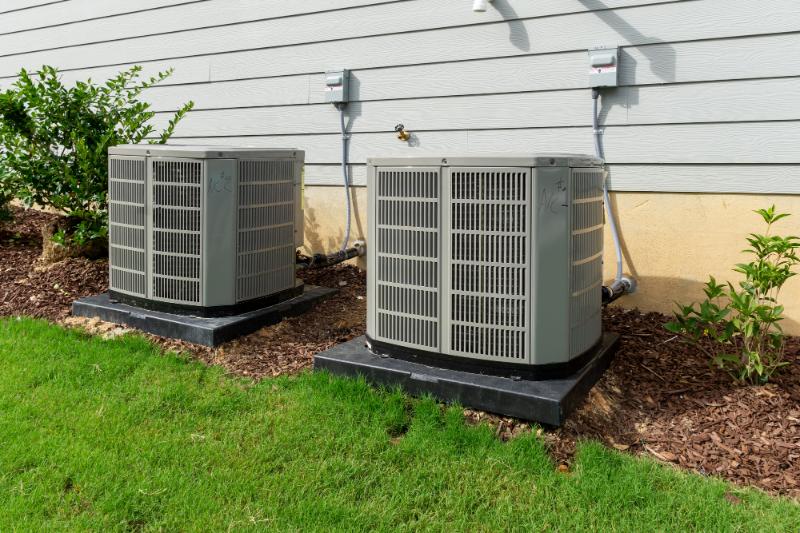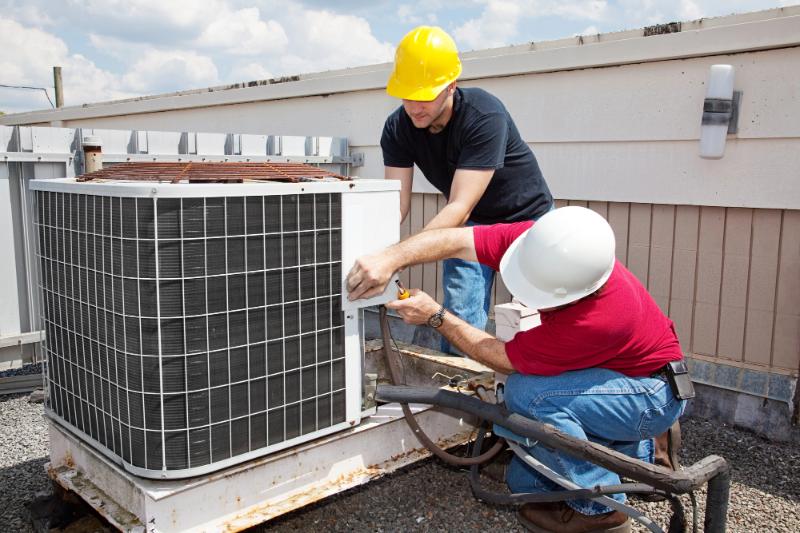The Heating, Ventilation, and Air Conditioning (HVAC) field offers many opportunities for people seeking a rewarding and lucrative career path. With a demand for skilled professionals to install, maintain, and repair HVAC systems, embarking on a journey in this field can lead to long-term success and job stability. However, like any other profession, entering the HVAC industry requires careful planning, dedication, and a strategic approach. This comprehensive guide explores valuable tips for launching a successful career in the HVAC industry, from acquiring the necessary education and training to securing employment with an HVAC Niceville service provider and advancing your career prospects.

Understand the Industry
Before diving into the HVAC field, take the time to familiarize yourself with its various facets, including the types of systems, equipment, and technologies involved. Research industry trends, emerging technologies, and regulatory requirements to comprehensively understand the sector’s landscape. Look into HVAC and refrigeration training programs offering comprehensive curricula covering thermodynamics, electrical systems, refrigeration principles, and HVAC system design. Additionally, consider seeking industry professionals or mentors who can provide insights into the realities of HVAC work. By thoroughly understanding the industry’s complexities and nuances, you’ll be better equipped to make informed decisions about your education, training, and career path. By staying knowledgeable about the latest developments, you’ll position yourself as a knowledgeable and competent professional within the industry.
Obtain the Right Education
While formal education is not always a prerequisite for entering the HVAC field, obtaining relevant certifications and credentials usually significantly enhances your career prospects. Enroll in a reputable HVAC training program. These programs typically cover essential topics such as HVAC systems, refrigeration, electrical components, and troubleshooting techniques. Additionally, pursue industry-recognized certifications such as EPA 608 for handling refrigerants and HVAC Excellence certifications to validate your skills and expertise.
As you gain experience and expertise in the HVAC field, seize opportunities for career advancement and professional growth. Consider pursuing additional certifications, licenses, or advanced degrees to expand your knowledge base and qualifications. Explore managerial or supervisory roles within HVAC companies, or leverage your expertise to transition into HVAC system design, project management, or sales and marketing roles. Stay proactive in seeking new challenges and career advancement opportunities to maximize your industry potential.
Gain Hands-On Experience
In addition to theoretical knowledge, gaining practical experience is crucial for success in the HVAC industry. Look for opportunities to apprentice or intern with established HVAC contractors, service companies, or maintenance firms. Hands-on experience will permit you to apply classroom concepts in real-world scenarios, hone your technical skills, and develop problem-solving abilities. Take advantage of apprenticeship programs offered by industry organizations or union apprenticeship programs to receive structured training and mentorship from seasoned professionals.
Develop Technical Skills
HVAC professionals require a diverse skill set encompassing mechanical aptitude, electrical knowledge, troubleshooting abilities, and proficiency in reading schematics and blueprints. Focus on developing technical skills related to HVAC system installation, maintenance, repair, and diagnostics. Familiarize yourself with different types of HVAC equipment, such as furnaces, air conditioners, heat pumps, boilers, and ductless systems. Stay updated on the latest HVAC technologies, energy-efficient solutions, and intelligent building automation systems to remain competitive.
Cultivate Soft Skills
Soft skills are vital to your success as an HVAC professional. Effective communication, customer service, time management, and problem-solving skills are essential for interacting with clients, colleagues, and supervisors. Practice listening, empathy, and professionalism when addressing customer concerns and resolving issues. Develop a positive attitude, strong work ethic, and willingness to adapt to changing situations, as these traits contribute to your overall professionalism and reputation within the industry.
Build a Professional Network
Networking is instrumental in advancing your career in the HVAC industry. Attend industry events and conferences, connecting with fellow professionals, suppliers, manufacturers, and potential employers. Join professional organizations such as the Air Conditioning Contractors of America (ACCA), the Refrigeration Service Engineers Society (RSES), or the Plumbing-Heating-Cooling Contractors Association (PHCC) to access valuable resources, training opportunities, and networking events. Building a solid network can lead to job referrals, mentorship opportunities, and career advancement prospects.
Uphold high professionalism, integrity, and ethics standards in all your interactions and endeavors within the HVAC industry. Demonstrate reliability, honesty, and accountability in your work, prioritizing customer satisfaction and safety. Adhere to industry regulations, safety protocols, and ethical guidelines to protect the well-being of clients, colleagues, and the public. By conducting yourself with professionalism and integrity, you build trust and credibility within the industry, which is essential for long-term success and reputation.

Launching a successful career in the HVAC industry requires education, training, experience, and personal attributes. Following these tips and strategies, you can position yourself for a rewarding and fulfilling career in this dynamic and essential field. Whether you’re just starting your journey or seeking to advance your career to the next level, embracing continuous learning, networking, and professionalism will set you on the path to success in the HVAC industry.
